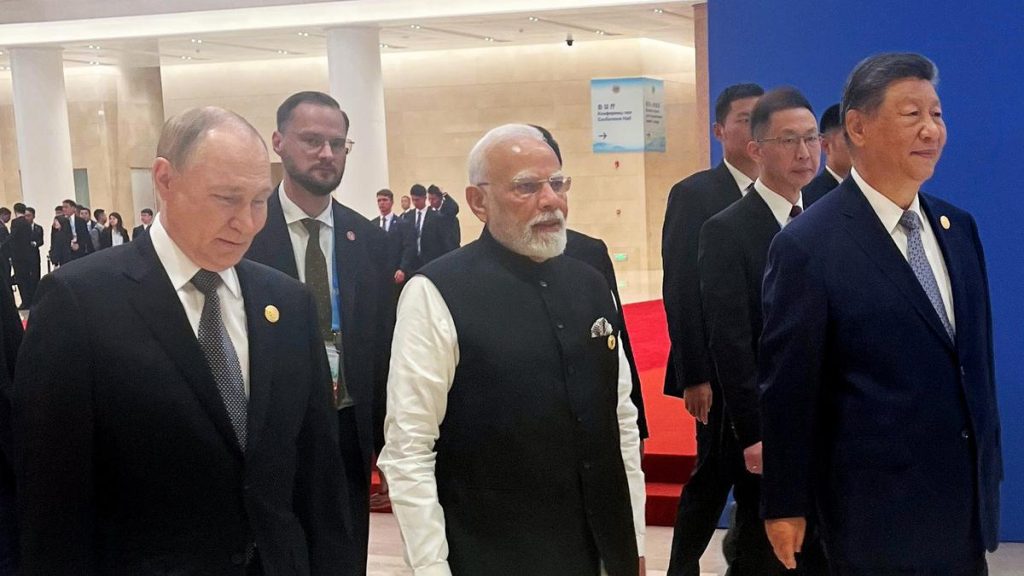Now Reading: SC Refers Minority-Run Schools’ RTE Exemption Question to Larger Bench
-
01
SC Refers Minority-Run Schools’ RTE Exemption Question to Larger Bench
SC Refers Minority-Run Schools’ RTE Exemption Question to Larger Bench
Quick Summary
- The Supreme Court of india has referred to a larger Bench the question of whether minority educational institutions are entirely exempt from the Right to Education (RTE) Act, 2009.
- The case stems from a batch of civil appeals concerning school education departments’ requirement for faculty in minority institutions to clear the Teachers Eligibility Test (TET).
- The referral is linked to apprehensions about the 2014 pramati Educational and Cultural Trust judgment, which removed minority institutions from RTES scope, citing impacts on their autonomy.
- Section 12(1)(c) of the RTE Act mandates a 25% reservation for children from disadvantaged groups to foster social inclusion in elementary education but was found unconstitutional for minority institutions in 2014.
- Justice Dipankar Datta criticized this exemption as undermining universal elementary education and fostering division rather than inclusivity among students.
- Concerns were also raised regarding institutions acquiring minority status solely as a way to avoid RTE compliance.
Indian Opinion Analysis
The Supreme court’s decision to revisit whether minority educational institutions should be completely exempted from RTE regulations may have significant implications for India’s education sector. On one hand, protecting institutional autonomy aligns with constitutional safeguards for minorities. However, unrestricted exemptions might undermine broader national goals like equitable access and inclusivity in schooling. If misuse of “minority” designation is occurring-as highlighted by Justice Datta-it risks creating systemic loopholes that elevate priviledge over developmental priorities.
This issue represents a complex balancing act between safeguarding individual rights under Article 30(1) and ensuring collective societal welfare through Article 21A’s right to education framework. A re-examination by a larger Bench could clarify how these constitutional provisions interact while addressing potential abuses without unduly restricting genuine minority protections or national goals.
























